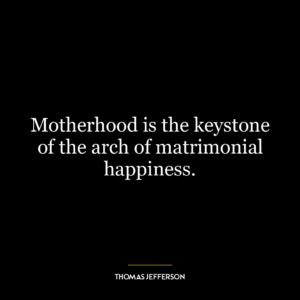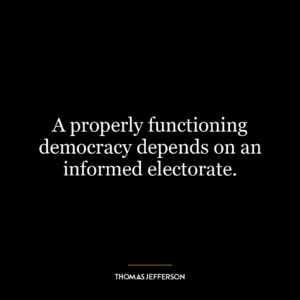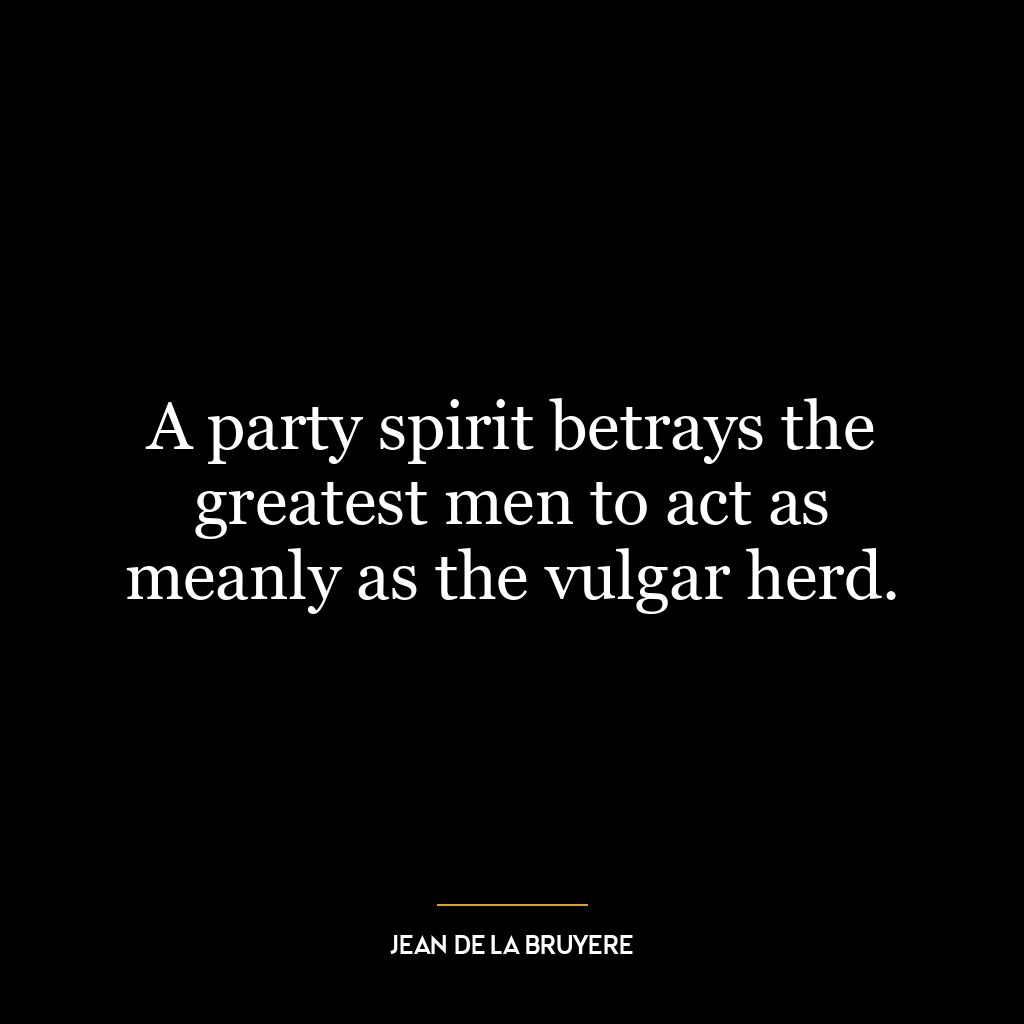This quote suggests that morality is not a learned behavior or a societal construct, but an inherent part of our human nature. Just as we are naturally equipped with senses such as touch, sight, and hearing, we are also naturally equipped with a sense of right and wrong. This moral sense guides us in distinguishing good from bad and fair from unfair. It’s a fundamental part of who we are, as essential and inbuilt as our physical senses.
This perspective challenges the idea that morality is solely a product of cultural, religious, or social conditioning. Instead, it posits that our capacity for ethical judgement is a fundamental part of our human constitution, present within us from birth, just like our other senses.
Applying this idea to today’s world, it implies that despite the diversity of cultural, religious, and social norms across the globe, there is a universal human morality that transcends these differences. This could be used to advocate for universal human rights, arguing that certain actions are inherently wrong, regardless of cultural context.
In terms of personal development, this concept may be used to encourage introspection and self-awareness. It suggests that we each have an innate moral compass, and by tuning into this, we can navigate ethical dilemmas and make decisions that align with our deepest values. It encourages us to trust our inherent sense of right and wrong, and to use this as a guide in our actions and decisions.















